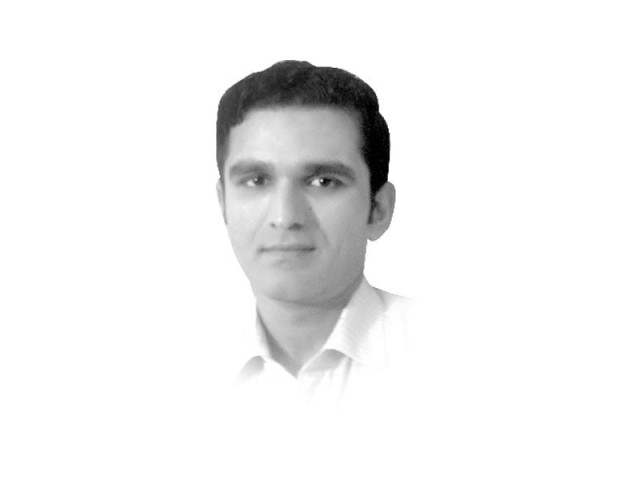The past as present
The paucity of good History scholars and scholarship in Pakistan are evidence of a lack of interest and engagement

The writer teaches History at Forman Christian College Lahore and tweets at @BangashYK
In her broad engagement with the topic, she traced how conceptions of ancient India developed in the 19th century, mainly through the work of scholars like Max Muller who argued for the Aryan invasion theory. This theory, Dr Thapar maintained, was supported by little evidence, but remained the accepted version of history for more than a hundred years. Challenging such long-held beliefs critically is essential, she said. The historian, in this sense, is a kind of ‘detective’.
Taking the example of the famous destruction of the Somnath temple by Mahmud of Ghazni, Professor Thapar — who has written a book solely on the subject — talked about how nearly all the manuscripts from the period conflict with what was actually destroyed at Somnath by Mahmud. In fact, Professor Thapar exclaimed, the modern notion of ‘Hindu trauma’, after the destruction of the temple, has its origins in something as recent as the House of Commons debate in the 1840s, where a Member of Parliament said that the destruction of Somnath “caused trauma to the Hindus of India”. Since then, this notion has seeped into Hindu identity and politics in India and has given currency to its more fundamentalist manifestations today.
The eminent historian, Eric Hobsbawm, once noted: “If there is no suitable past, it can always be invented.” This sentence succinctly sums up what is being done to history in Pakistan. Our history textbooks — or those of Pakistan Studies — are a superb collection of historical fantasies and half-truths. The confusion in our country regarding history, and its reflection in our contested identity cannot be denied. Nearly every week, students in my class, when confronted with facts they had never heard about, ask me, “Why was this not taught to us?” While the reasons for this deception — and yes, it is deception — have been mentioned by me and others elsewhere many times, here I want to point out how, after nearly a decade of being taught falsehoods and embellishments, confrontation with the truth (read: near-truth) is something which either leads to revulsion, indignation, outright rejection, or simply sadness. Engagement with the facts so late in the day makes most students hope that they never heard of such things, so that whatever they were taught, and believed, for a decade might not be challenged.
If we are to educate our children in history, we need to begin the process early — as early as grade two or three, so that they are taught from the outset how to appreciate, learn and engage with the past, and utilise that knowledge and insight to make their country a better place.
In her speech, Professor Thapar noted how history is an extremely political subject and that its varied versions are used by politicians and others all around the world to validate themselves and their policies. Therefore, this subject cannot be taken lightly or ignored. Unfortunately, history is considered a subject for failures in Pakistan. If you cannot get into computer sciences, natural sciences or law, then history is the last option for many. The paucity of good scholars and scholarship in Pakistan on the subject are evidence of a lack of interest and engagement.
I hope Professor Thapar’s timely intervention, and Professor Ayesha Jalal’s strong endorsement of the same during her introduction of the talk, and the breath of fresh thinking stimulated by the Lahore Literary Festival might lead to a re-engagement with the historical — not imagined — past so that we can work towards a real rather than imagined future.
Published in The Express Tribune, February 23rd, 2015.
Like Opinion & Editorial on Facebook, follow @ETOpEd on Twitter to receive all updates on all our daily pieces.















COMMENTS
Comments are moderated and generally will be posted if they are on-topic and not abusive.
For more information, please see our Comments FAQ